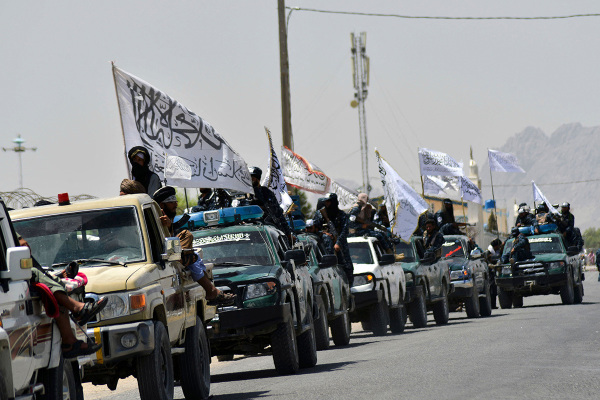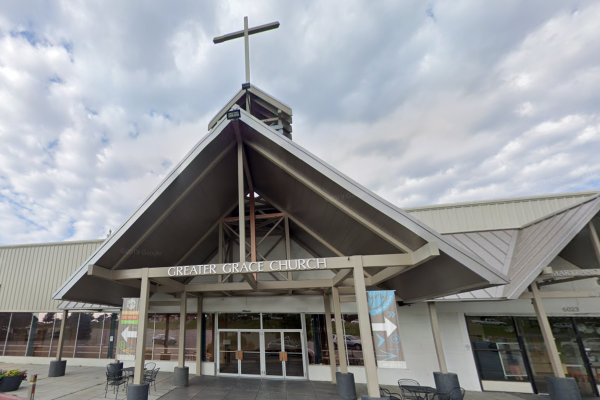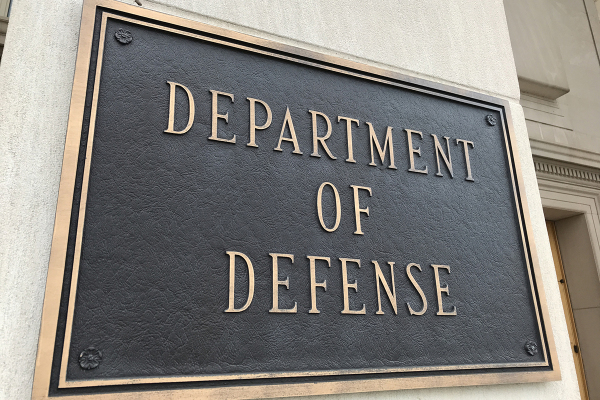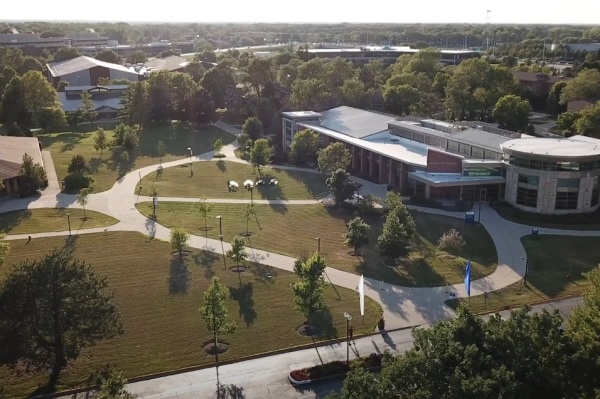Question Marks Hang Over Romney's Fundraising
Republican presidential front-runner Mitt Romney is far ahead of his rivals in spending money to advance his candidacy. But big concerns are being raised over who his donors are and how their favors will play out if he wins the nation's highest office.
Fred Wertheimer, president of the nonpartisan group Democracy 21, called the former Massachusetts governor's fundraising operation "Romney Inc." while speaking to The Salt Lake Tribune. He said it was as if Romney was integrating his business experience in the investment banking world into the political world and creating multiple ways in which to advance his presidency.
Wertheimer went on to call it "a highly sophisticated, far-reaching money operation designed to curry favor with politicians and local and state political organizations," and warned that it was financed by "donors who are bound to have great influence with Mitt Romney if he's elected president."
Romney and his supporters have spent over $200 million – including $44.6 million of his fortune – on a seven-year quest for the Republican presidential nomination, the newspaper estimated. In the 2012 contest for the GOP presidential nomination, Romney's campaign has spent $54 million as of Jan. 31, according to reports filed with the Federal Election Commission.
Apart from the money, Romney also has many establishment Republicans backing him. Virginia Rep. Eric Cantor, the second-ranking Republican in the House, on Sunday lent his support to Romney days before Super Tuesday when 10 states will hold primaries. "Mitt Romney is the only candidate in the race who's put forward a bold, pro-growth, pro-jobs plan for the future," Cantor said in an interview on NBC's "Meet the Press."
Restore Our Future PAC supporting Romney's campaign spent $12 million on broadcast ads last month targeting his main rival, Rick Santorum from Pennsylvania. In total, the political action committee has spent over $32 million.
Late last month, Wertheimer's organization said the pro-Romney PAC had paid to broadcast a campaign ad prepared by the 2008 Romney for President campaign. "Under federal law, any such re-broadcast of a Romney campaign ad by the Super PAC would be a contribution by the Super PAC to the Romney campaign and, if more than $5,000 was spent, it would be an illegal in-kind contribution by the Super PAC," it said in a statement.
In four letters to the Justice Department between Jan. 10 and Feb. 21, 2012, Democracy 21 called on the Justice Department to investigate whether the Restore Our Future PAC, and other presidential candidate-specific Super PACs operating in the 2012 campaign, are illegally coordinating with their respective campaigns "through the web of connections between the operatives running these PACs, the donors to the PACs and campaigns, the candidates themselves, and agents of the candidates."
According to published reports, private equity or hedge fund giants are among the top donors to Restore Our Future, which collected $1 million each from at least 10 donors or couples, including New York hedge fund figures John Paulson, Paul Singer and Julian Robertson, Romney's former Bain colleague Edward Conard, and Bain Capital Partner Paul Edgerly and his wife, Sandra.
Steven Schier, a political science professor at Carleton College in Minnesota, was quoted as saying that "Romney has been aggressively pursuing ... and exploiting" loopholes in federal and state campaign fundraising laws. Without Romney's personal wealth and financial connections, "I don't even think we'd be talking about Mitt Romney today as a candidate. Take it all away and where is he? He's nowhere."
Andrea Saul, a spokeswoman for Romney's campaign, denied the assertions, saying the state committees "were completely separate entities having nothing to do with this campaign." "More than 125,000 Americans" have contributed to Romney's campaign, she said, because they believe in his plan to make America "prosperous and secure."






















